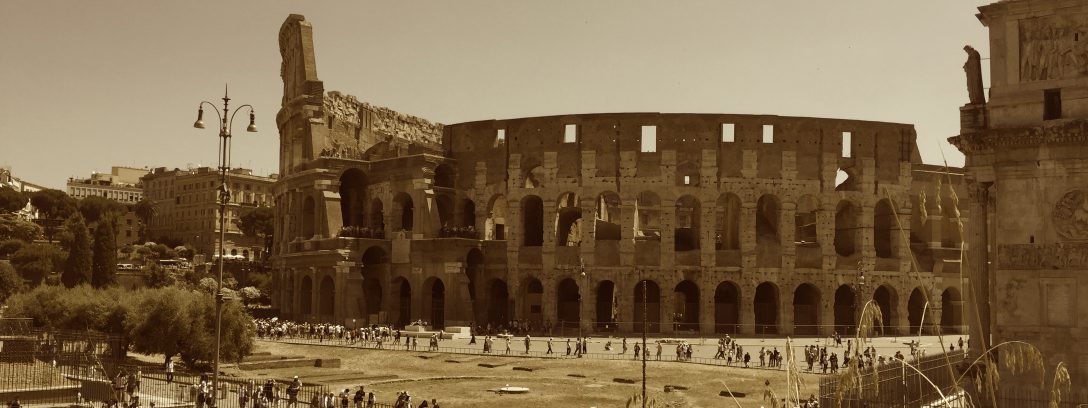Tragodite, ut dicit Plinius, bestie sunt, que contra omnia genera quadrupedum bestiarum in terra repentium deiectis cornibus obliqua cervice pascuntur. Et hec est causa: Cornua habent longa et per declivum capitis et maxillarum usque ad terram pendentia. Quam ob rem ut alie bestie in terra pascere non possunt prohibentibus cornibus, sed obliquata cervice longa secare potius videntur herbam ore attractam quam aliorum more carpere.
- Translation
- Vocabulary
- Notes
Concerning the tragodites. The tragodites, as Pliny says, are beasts, which contrary to all types of four-legged beasts that crawl on the earth, feed with drooping horns, and turning necks. And this is the cause: they have long horns and a head and jaws hanging at a decline all the way to the earth. For this reason they cannot feed on earth as the other beasts because of their forbidding horns, but with their long turned necks they seem to cut grass attracted to their mouth rather than to pluck as is the manner of others.
attractus, a um adj. attracted
decliuvus, decliva, declivum adj. decline
deiectus, a, um adj. drooping; hanging
genus, generis n. 3 kind; type
maxilla, maxillae f. 1 jaw
mos, moris m. 3 habit; custom; manner
obliquo, obliquare, obliquavi, obliquatum 1 leaning; turned
os, oris n. 3 mouth
pendena, pendentis adj. hanging; pending
potius adv. rather
quadrupes, quadrupedis adj. four-legged; quadruped
quam ob rem for this reason
repens, repentis 3 crawls; creeps
seco, secare, secui, sectum 1 cut
repentium: present active participle.
ut… prohibitus: phrase of hindering/preventing.
pendentia: present active participle.
attractam: present active participle.
